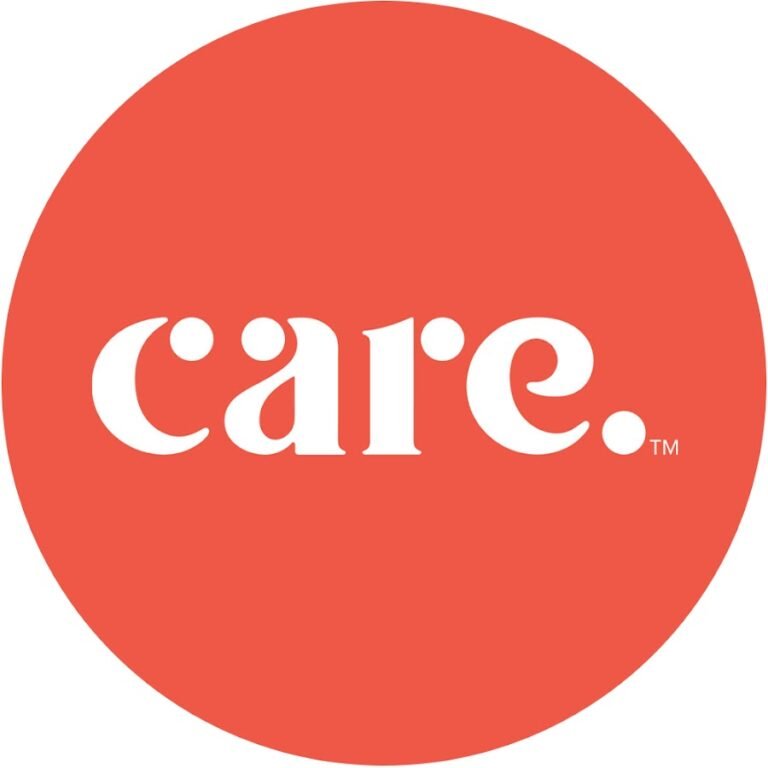
Blockchain technology, initially developed as the foundation for Bitcoin, has evolved far beyond its original use case in cryptocurrency. With its decentralized, transparent, and secure nature, blockchain is now being leveraged across various industries to enhance efficiency, security, and trust. Here are some of the most impactful real-world applications of blockchain technology.
1. Supply Chain Management
Blockchain enhances supply chain transparency by providing an immutable ledger of transactions. Companies can track products from origin to destination, reducing fraud, improving logistics, and ensuring authenticity, particularly in industries like food safety, pharmaceuticals, and luxury goods.
2. Healthcare and Medical Records
By using blockchain for medical records, healthcare providers can securely store patient data, ensuring privacy and interoperability. Patients gain greater control over their health information, and providers can reduce administrative inefficiencies and data breaches.
3. Voting Systems and Election Security
Blockchain-based voting systems can enhance the integrity of elections by ensuring transparency and reducing the risk of fraud or tampering. Voter identities and ballots can be securely recorded on a decentralized ledger, making elections more secure and accessible.
4. Smart Contracts and Legal Agreements
Smart contracts are self-executing contracts with predefined rules and conditions stored on the blockchain. These contracts reduce the need for intermediaries, streamline business agreements, and improve efficiency in industries such as real estate, finance, and legal services.
5. Financial Services and Banking
Beyond cryptocurrencies, blockchain is revolutionizing banking by enabling faster cross-border payments, reducing fraud, and lowering transaction costs. Decentralized finance (DeFi) platforms leverage blockchain to offer financial services without traditional banks, increasing financial inclusion.
6. Identity Verification and Security
Blockchain provides a secure and tamper-proof system for identity verification. Digital IDs stored on the blockchain help reduce identity theft and streamline authentication processes for online services, banking, and government applications.
7. Intellectual Property and Digital Rights Management
Artists, musicians, and content creators can use blockchain to establish ownership and track the distribution of their work. By tokenizing intellectual property, blockchain ensures fair compensation and prevents unauthorized use.
8. Real Estate and Property Transactions
Blockchain simplifies real estate transactions by providing transparent and immutable records of property ownership and transfers. This reduces paperwork, fraud, and delays in buying and selling properties.
9. Energy and Sustainability
Blockchain is transforming the energy sector by enabling peer-to-peer energy trading and improving the tracking of renewable energy credits. Consumers can directly buy and sell excess energy, promoting decentralized and sustainable energy solutions.
10. Charitable Donations and Nonprofits
Blockchain enhances transparency in charitable giving by allowing donors to track how their funds are used. This reduces fraud and ensures that contributions reach their intended recipients efficiently.
Final Thoughts
Blockchain technology is proving to be much more than the backbone of cryptocurrencies. From healthcare to finance, supply chain management, and beyond, its real-world applications continue to grow, offering secure, efficient, and transparent solutions for various industries. As adoption increases, blockchain is set to reshape the way businesses and governments operate in the digital age.





